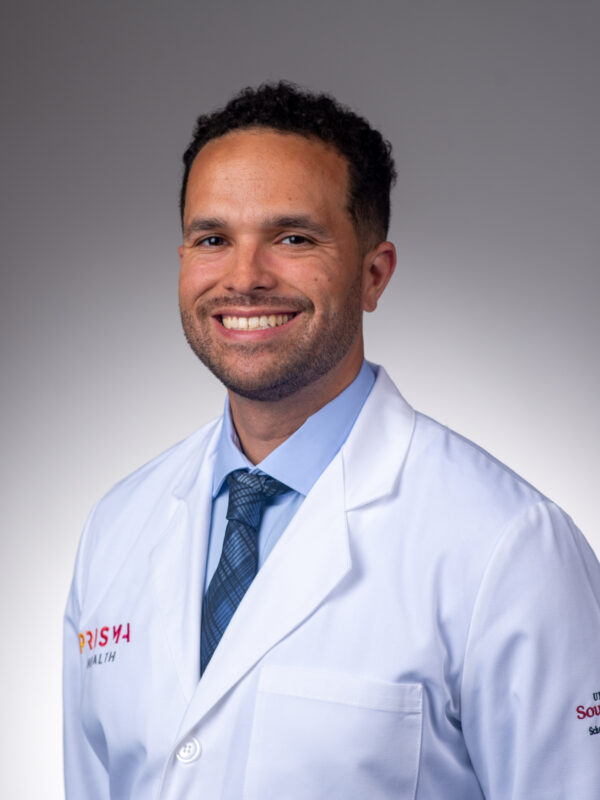Can you have a heart attack and not know it?
Most people are aware of the classic signs of a heart attack: chest pain, shortness of breath, arm radiation, jaw pain. But is it possible to have a heart attack and not know it? Cardiologist Chris Salmon, MD, explained how to recognize when you might be having a silent heart attack.
What is a silent heart attack and how is it different?
“With a silent myocardial infarction, people don’t have those traditional heart attack symptoms,” Dr. Salmon said. “They might be milder or less recognizable, but a silent heart attack can cause just as much damage.”
What are the signs of a silent heart attack?
Symptoms of a silent heart attack usually include fatigue, nausea, abdominal pain and weakness that can happen intermittently. “Even if you have chest discomfort, it may be more fleeting,” Dr. Salmon said. “You might think it’s something else like reflux or a viral infection that you can shake off over the course of a few days or weeks. But the fatigue, weakness and nausea stick around and there usually isn’t really a good reason for it.”
Who’s at risk for a silent heart attack?
Heart attacks, in general, are more common among men. But when it comes to silent myocardial infarction, women actually have them way more often. People who have diabetes and the elderly also are at higher risk.
How can you reduce your risk of having a heart attack?
“The biggest thing I tell all my patients is to know your body,” Dr. Salmon said. “Have you felt off and there’s no real reason for you to feel off? If you haven’t done anything new or gotten any infections or been around anyone who’s sick, and you’re experiencing symptoms that have been going on for a lot longer than they should be, listen to your body.”
Other ways you can reduce your risk include:
- Know your risk factors. If you have diabetes, high blood pressure or any sort of cardiovascular disease history, you’re at higher risk for a silent heart attack.
- Know your numbers. Controlling your blood pressure, blood glucose and weight can reduce your risk of myocardial infarctions.
- Avoid smoking. If you have never smoked, don’t start. If you are smoking, try to stop.
- Seek care when you don’t feel well. “With flu, RSV and COVID, people have a lot of reasons to not to feel all right,” Dr. Salmon said. “Seeking care for these illnesses is important because acute infection has been shown to kick off silent myocardial infarctions. So, if you’re not feeling well, it’s best to seek care, particularly if you have risk factors.”
Find a cardiologist you trust
We make it easier to get the care your heart needs, with cardiologists located near you.
Learn More

